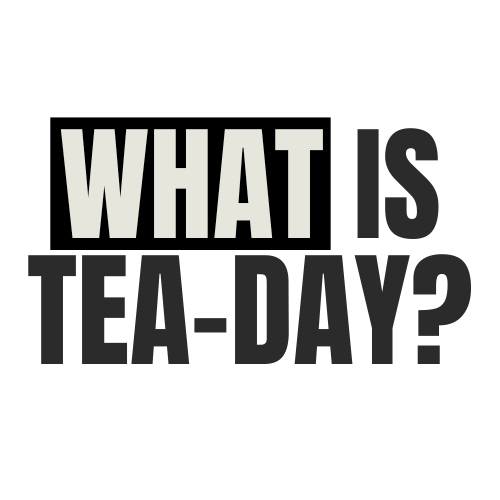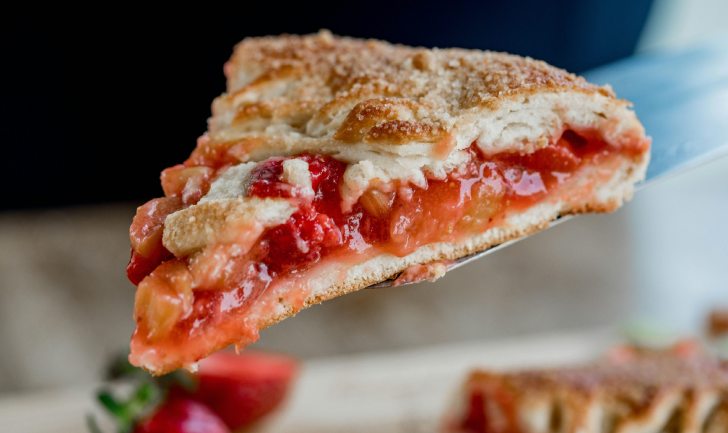Tootsie Roll Day
Tootsie Roll Day is celebrated on February 25th to honor the iconic Tootsie Roll candy, which was introduced on this day in 1896 by Leo Hirshfield. The candy is named after his daughter, Tootsie, and has become one of the oldest and most beloved candies in the United States. The Tootsie Roll was created by Leo Hirshfield, a candy maker in New York City. It was one of the first individually wrapped candies in the U.S., and it combined a chewy, chocolatey center with a hard exterior. Tootsie Rolls quickly became popular due to their long shelf life and affordable price. During the war, Tootsie Rolls became a favorite of U.S. soldiers and were included in their rations because of their durability and portability. The Tootsie Roll brand has expanded to include various products, such as Tootsie Pops, Tootsie Fruit Rolls, and more.

Diesel Engine Day
Diesel Engine Day is celebrated on February 25th to commemorate the birthday of Rudolf Diesel, the German engineer who invented the diesel engine. Diesel was born on this day in 1858, and his innovation has had a profound impact on transportation, industry, and energy production. Rudolf Diesel patents the diesel engine, which is more efficient than earlier steam engines or gasoline engines. His design uses compression ignition, where the fuel is ignited by the heat generated from compressing air within the engine, rather than using a spark plug. Diesel successfully runs the first diesel engine on peanut oil, showcasing the potential for biofuels and a more sustainable form of energy. Diesel engines become increasingly popular in industrial applications, especially for ships, trucks, and later, trains. Diesel engines are widely used in transportation (especially in heavy-duty vehicles) and power generation. Though they have been associated with higher levels of pollution, advancements in cleaner diesel technology are continually being developed.

Curling is Cool Day
Curling is Cool Day is celebrated on February 25th to highlight the sport of curling and its growing popularity, particularly during the Winter Olympics. The day encourages people to learn about the sport, appreciate its strategy, and maybe even try it out themselves! Curling dates back to the 16th century in Scotland, where it was first played on frozen ponds. It involves teams sliding stones on ice towards a target, with the goal of getting the stones as close as possible to the center of the target (called the “house”). Curling became an official Olympic sport for men in 1998, with women’s curling following in 2002. The sport has gained significant attention in recent years, especially during the Winter Olympics. Curling is often called “chess on ice” because of the strategic and precise moves teams make to outsmart their opponents. The sport combines skill, teamwork, and a bit of luck, as players “sweep” the ice in front of the moving stone to help guide it.

February 23rd has seen several significant historical events across different fields.
Historical Events:
303 AD – Roman Empire Persecution of Christians: Emperor Diocletian orders the destruction of Christian churches and scriptures, marking the beginning of the Great Persecution.
1455 – Gutenberg Bible Published: The first book printed using movable type, Johannes Gutenberg’s Bible, is believed to have been completed on this day.
1836 – The Siege of the Alamo Begins: Mexican forces under General Santa Anna lay siege to the Alamo in San Antonio, Texas, a key event in the Texas Revolution.
1898 – Émile Zola Convicted in the Dreyfus Affair: French writer Émile Zola is convicted of libel for publishing J’Accuse…! in defense of wrongly accused Jewish officer Alfred Dreyfus.
1945 – Iwo Jima Flag Raising: U.S. Marines famously raise the American flag on Mount Suribachi during the Battle of Iwo Jima. The moment is captured in the iconic photograph by Joe Rosenthal.
1954 – First Mass Polio Vaccination: Children in Pittsburgh receive the first doses of the Jonas Salk polio vaccine, marking a major step in disease prevention.
1998 – Osama bin Laden Issues Fatwa: Bin Laden and al-Qaeda declare war against the U.S. and its allies, a precursor to later terrorist attacks.
Notable Birthdays:
1685 – George Frideric Handel, German-British composer (Messiah, Water Music).
1868 – W. E. B. Du Bois, African American civil rights activist, historian, and co-founder of the NAACP.
1932 – Majel Barrett, actress and “First Lady of Star Trek,” known for her roles in Star Trek as Nurse Chapel and as the voice of the Enterprise computer.
1940 – Peter Fonda, American actor (Easy Rider).
1955 – Howard Jones, British musician known for 1980s synth-pop hits.
Notable Deaths:
1821 – John Keats (b. 1795), English Romantic poet (Ode to a Nightingale, To Autumn), died of tuberculosis at just 25 years old.
1848 – John Quincy Adams (b. 1767), 6th President of the United States, passed away two days after suffering a stroke in the U.S. Capitol.
1855 – Carl Friedrich Gauss (b. 1777), German mathematician and physicist known as the “Prince of Mathematicians,” who made groundbreaking contributions to number theory, geometry, and astronomy.
1965 – Stan Laurel (b. 1890), British-American comedian and actor, one-half of the famous duo Laurel and Hardy.
1995 – James Herriot (b. 1916), British veterinarian and author of All Creatures Great and Small.
2000 – Stanley Matthews (b. 1915), English footballer, one of the greatest soccer players of all time.
2017 – Bill Paxton (b. 1955), American actor known for Aliens, Titanic, Twister, and Apollo 13.


